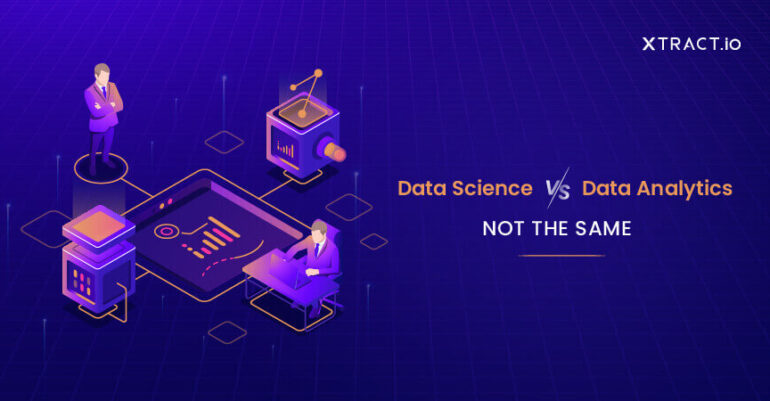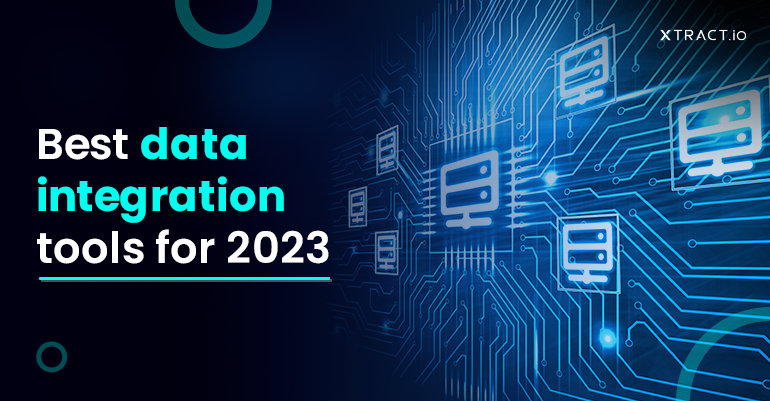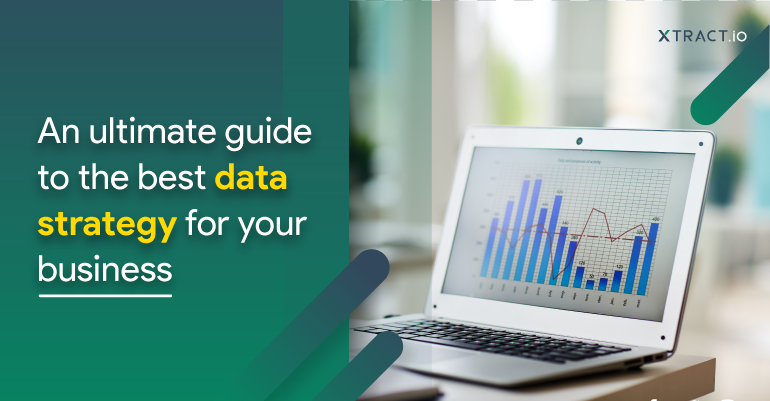Data has become a part of our everyday lives. Simply put, we consume, create, and capture tons of data every single day. At present, data is exponentially growing, and research says that it is increasing rapidly and is expected to double by 2024.
Why is data important in business?
Data is the new oil for businesses that helps gather insights to improve your business’s performance. As a business, you need professionals who can refine tons of data that is present everywhere.
The data is processed by a Data Analyst or a Data Scientist to give the desired outcome. And that brings us to the concept of data science and data analytics.
Data science and Data analytics – These buzzwords became a trend in this age of AI and ML. They interweave with each other, but still, they are different.
What is Data Science?
Data science is the future of AI (Artificial Intelligence). The need for data science in business is growing rapidly. Companies that deal with a large amount of raw and unstructured data require the help of Data Science. So what is it exactly?
Data science is a mix of algorithms, principles, and various tools to extract insights and predict the future from the data found worldwide – the raw and unstructured data.
This umbrella term refers to various techniques that help in predicting and making important decisions. The impact of data that is converted into actionable insights is enormous. It has a profound effect on any business that is data-run.
How does data science help in business?
Data science in AI is used in search engines to give the best possible results and recommendations to recommend relevant products and services from the billions of products and services available online. And again, these recommendations or suggestions come from the data of the particular user’s search history.
The data science professionals or data scientists help in predicting and solving business issues. They work with data in many different ways possible. And that’s the reason why there’s a huge demand for data scientists.
Too much data can be vexing for an organization, but data scientists help with their predictions and share insights to reduce their problems.
Data scientists understand the goals of the organization and determine how these data can help to achieve the same. Any data scientist’s goal is to understand the data patterns and help businesses grow and succeed.
What is Data Analytics?
On the other hand, data analytics uses existing pieces of information to find trend patterns in complex systems to create actionable insights. In other words, it applies algorithms to the raw data to find meaningful correlations that help in making decisions or conclusions.
It is more specific oriented and focuses on particular areas to attain specific goals.
Data analytics is used across industries, especially in healthcare. The industry data helps track patient flow, predicting their outcome, equipment, and much more.
These are just a few examples of how data analytics in the healthcare industry is benefited. It is also said that there would be a 1% increase in revenue in the healthcare industry.
While it benefits the healthcare industry, On the other side, it is also helpful to the gaming industry to understand user’s likes and dislikes based on user-generated data. The applications of data analytics are infinite.
As every new day allows us to create and add data to the database, it helps explore new opportunities to apply data analytics.
Just like a data scientist, a data analyst also works with data in different ways. They deal with data mining, data analysis, and managing the data.
With big data analytics, data analysts optimize the business or industries’ efficiency to create insights. This helps in improving the performance and results in the success of the business.
What is the difference, and how both are essential for Business Intelligence?
To make it simple, a Data scientist helps predict the future, whereas a Data analyst helps make actionable and meaningful insights.
Data science, data analytics, and business intelligence work hand in hand and are dealing with data. And that’s the reason why any business should understand the differences between these terms.
While we had detailed information on data science and data analytics, now it’s time to know a little bit of business intelligence.
Business Intelligence or BI is a suite of software and solutions that help businesses to gather insights from data to make strategic decisions. While data science helps predict the future, business intelligence helps create insights based on the past and present data.
Experts say Data science and Data analytics is evolved from BI. The term business intelligence came into usage in 2001, and they mainly focus on the traditional analytics method. Now, Data science has combined data analytics in dealing with a high volume of data.
Welcome to our Suite!
At Xtract.io, we help your business with our suite of business intelligence solutions that can transform your data into actionable insights and gain a competitive advantage for your business. We also provide tailored solutions for your unique data requirements. Does it sound like this solution is for you? Get in touch with us to know more.







